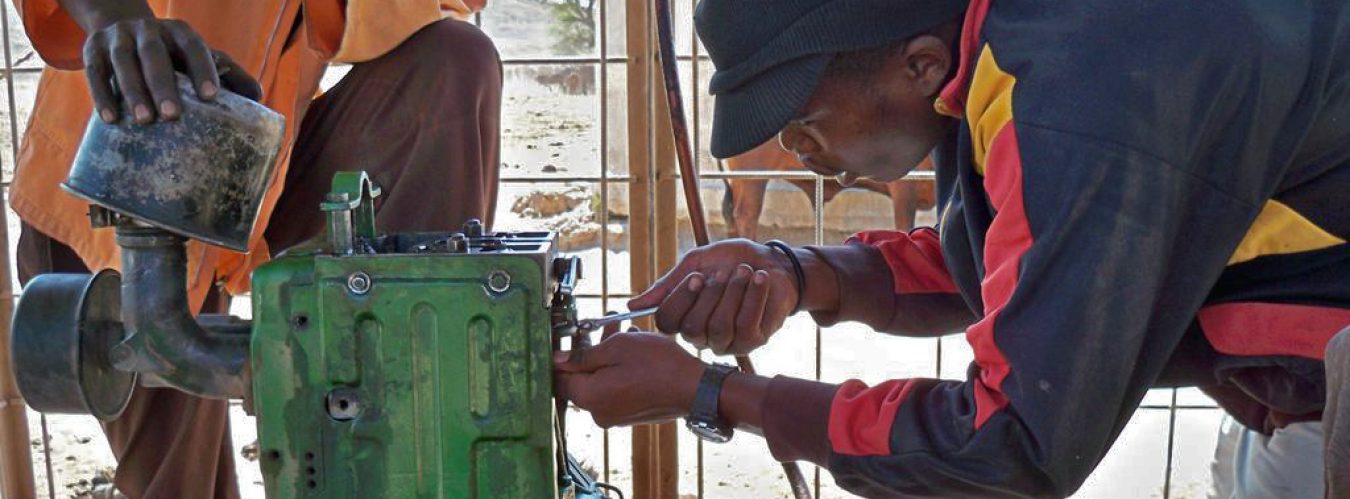A quasi-experimental situation
Namibia currently offers a unique opportunity to analyze the dynamic development of institutions in the field of common-pool resource management. On the one hand, the state withdraws from central areas of natural resource management while on the other hand, it creates new legal and organizational guidelines on how to govern water sustainable. As a consequence, community-based management and institutional blueprints have been introduced in hundreds of pastoral communities situated in semi-arid regions of the country. This creates a quasi-experimental situation, where enduring bargaining processes, institutional formation as well as related consequences can be analyzed and paralleled.
The major research objectives of the project are:
- Which resource-management institutions emerge in the intersection of global models and local social, economic and political structures as well as norms and belief systems?
- How are institutions for resource management negotiated?
- Under which conditions do Institutions lead to cooperation or conflict?
- What impacts do institutions have in other social spheres and on the environment?
